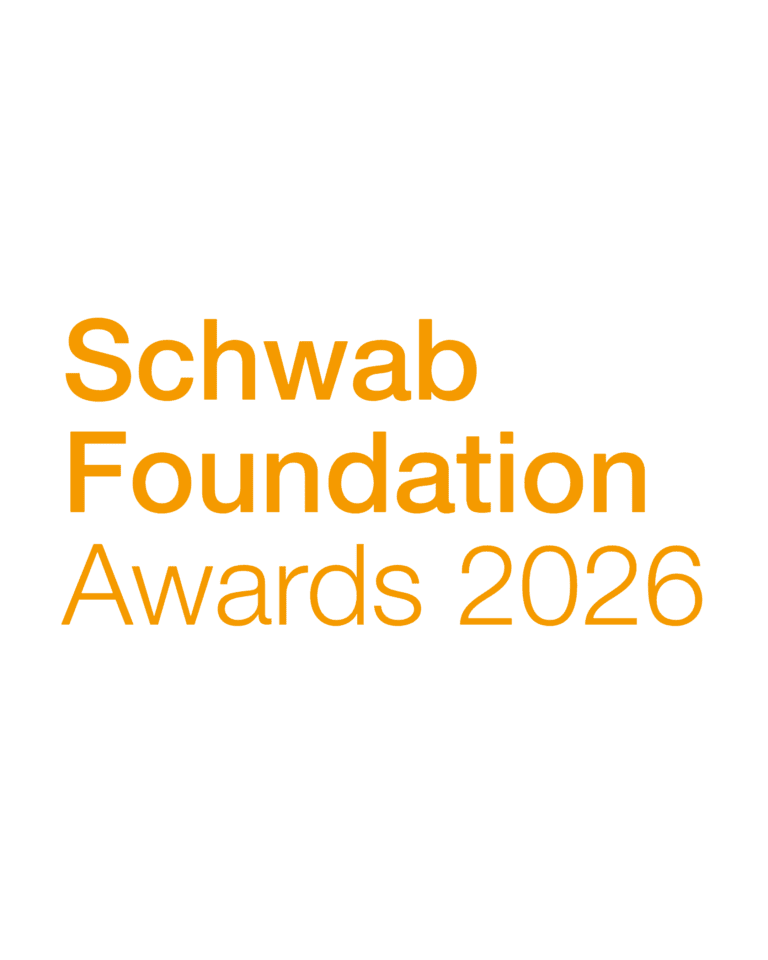Earlier this year, I marched with my kids and husband in Brooklyn’s Gay Pride parade, as part of a contingent of churches and synagogues supporting our LGBTQ+ family, friends, and neighbors. All around me were rainbows and cheers and an infectious joy. Gay families with children and without. Married gay people. Single gay people. And out of the corner of my eye, a gay couple just getting some ice cream.
When I was a law student, I summered at a white-shoe law firm where gay male partners brought their sisters or female friends to events as their dates. As we were marching, I had to choke back tears (what were those wet drops hitting my cheeks?) thinking about the progress for human dignity, choice, and love in the last 25 years. Change that has transformed lives. It’s one of countless ways we can measure progress in the last century.
And yet. A new study has confirmed increasing despair, especially among school-age children, and, along with it, greater rates of absenteeism, malaise, depression, and mental health challenges. According to just released research by Global Citizen and Glocalities, young people are feeling pessimistic. There’s even a brand of “optimistic pessimism” afoot that argues that being pessimistic is the most optimistic thing you can do right now. Janan Ganesh, writing in the Financial Times, called it “bleak chic.”
Read the full article here.


